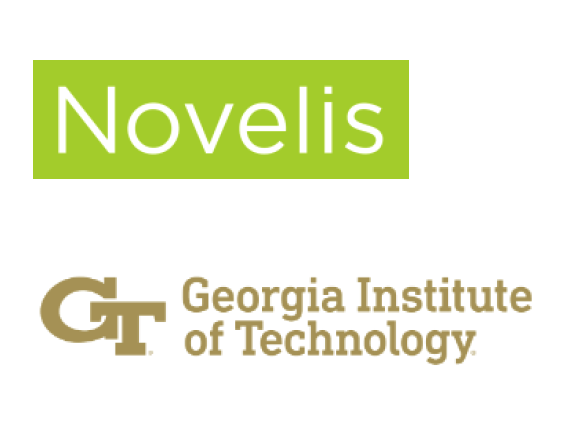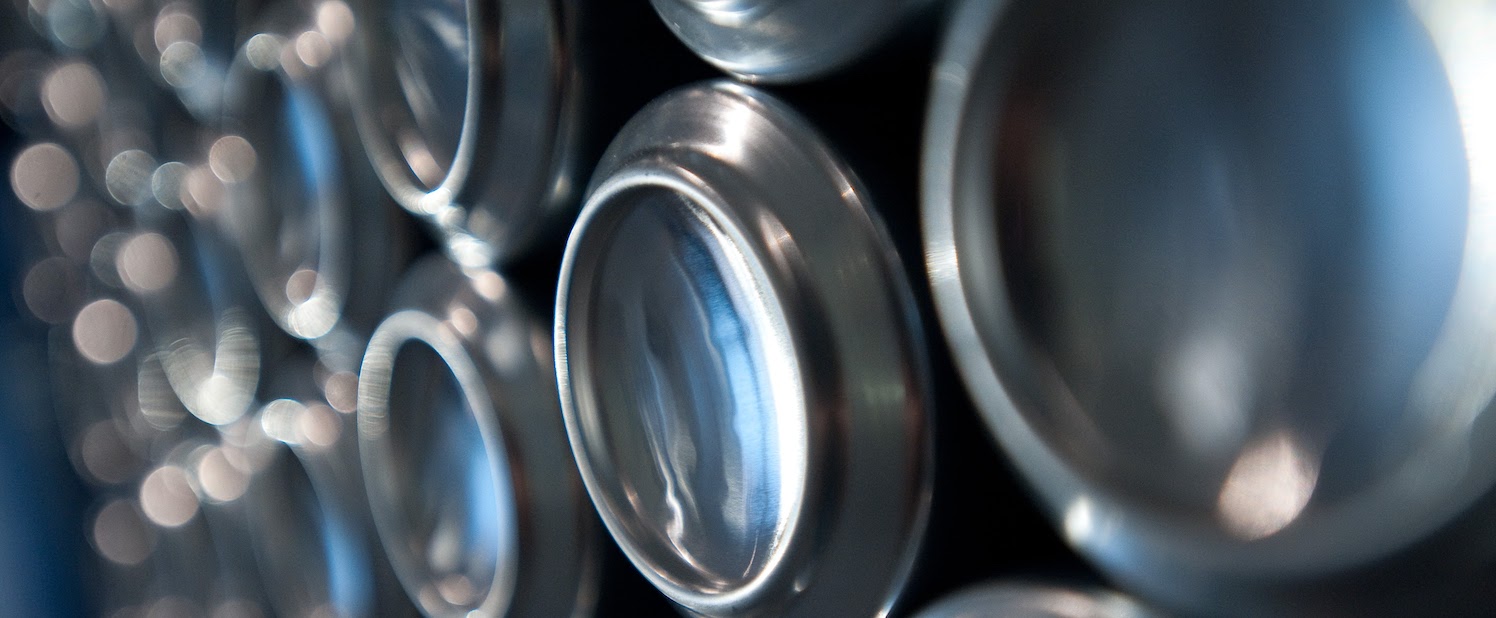Novelis Innovation Hub at Georgia Tech
The Novelis Innovation Hub at Georgia Tech serves as the focal point for enterprise-level collaboration between Novelis and the university, connecting Novelis’ technical and business innovators with Georgia Tech students and faculty.
The Novelis Innovation Hub at Georgia Tech was established in August 2019 to initiate basic and applied research collaboration in areas of strategic interest to Novelis, and provide faculty, student and educational program support. Over the years, Novelis has expanded its investment and partnership with Georgia Tech faculty, researchers and students through focused research and development (R&D) projects and workshops, scholarships for students, senior executive engagement, business incubation exploration, and more.
Vision
To build a strong, long-term partnership between Novelis and Georgia Tech in support of Novelis’ Purpose of Shaping a Sustainable World Together:
- Make a step change toward sustainability
- Accelerate time to market for Novelis’ core business
- Open new market opportunities
Mission
- Develop a specific, targeted, 5 to 10 year roadmap and portfolio of R&D initiatives to fill the pipeline of innovation and accelerate the pace of innovation
- Provide expanded opportunities for students and faculty to access and deliver breakthrough research through partnerships
The collaboration aims to promote basic and applied research in the areas of sustainability, advanced materials discovery, applications of AI and machine learning, surface functionality, additive manufacturing and business model innovation. Hub-supported basic and applied research projects in several of these areas are currently under way and involve academic/research faculty and graduate students from various schools in the College of Engineering and the Georgia Tech Research Institute (GTRI).
The Novelis Innovation Hub has also contributed to research infrastructure development at Georgia Tech, most recently co-investing in additive manufacturing in the Advanced Manufacturing Pilot Facility.
In addition, through the Novelis Scholars Program, the Hub provides scholarships for students, supports capstone projects and student competitions, and creates internship opportunities.
Shreyes Melkote from Georgia Tech and Raj Gopalaswamy from Novelis lead the Novelis Innovation Hub and work as a team to advance the mission of the partnership.
Join us in Atlanta — June 23-27, 2024

Welcome
The International Conference on Aluminum Alloys is the world’s leading conference series relating to science and technology of aluminum alloys. Since its founding in 1986, this bi-annual conference has provided a vibrant forum for exchange and discussion on leading edge research, technology, and applications in aluminum, attracting a diverse mix of participants from universities, research organizations and industry. Georgia Institute of Technology has a place in that history having hosted ICAA4 in 1994. We are honored to be bringing the conference back to Atlanta by hosting ICAA19 in 2024.
At this time, as the global community works to tackle the multiple challenges related to climate change, aluminum alloys are at the forefront as a sustainable solution of choice for wide ranging applications including packaging, automotive and electric vehicles, aerospace and beyond. ICAA19 will comprise the usual exciting mix of technical symposia, ranging from the latest techniques and capabilities, to advances in alloy design and modeling, and emerging markets and applications. The over arching focus however will be the critical role that aluminum will play in enabling the low carbon and circular societies and economies of the future, including a special symposium dedicated to sustainability in design and recycling.
Tentative Symposia and Topics
1. Sustainability in design and recycling
2. Industrial Applications (Aerospace, Automotive and Packaging)
3. Additive Manufacturing and Joining
4. New Directions in alloy and process design
5. Casting and solidification
6. Modelling and simulations (Process and Product)
7. Microstructure Design - Alloying and Heat treatments
8. Advanced Characterization and Testing
9. Deformation behavior and Mechanical
Properties (Fatigue and Fracture)
10. Corrosion, Surface Treatment, and Environment Sensitive Fracture
11. Emerging Markets and Applications
Website
International Conference on Aluminium Alloys ICAA 19
https://icaa19.org/
Key Dates
June 2023 - Call for Abstracts
November 2023 - Abstract Deadline
December 2023 - Final Program
June 23 to 27, 2024 - ICAA19 in Atlanta
Organized by:







